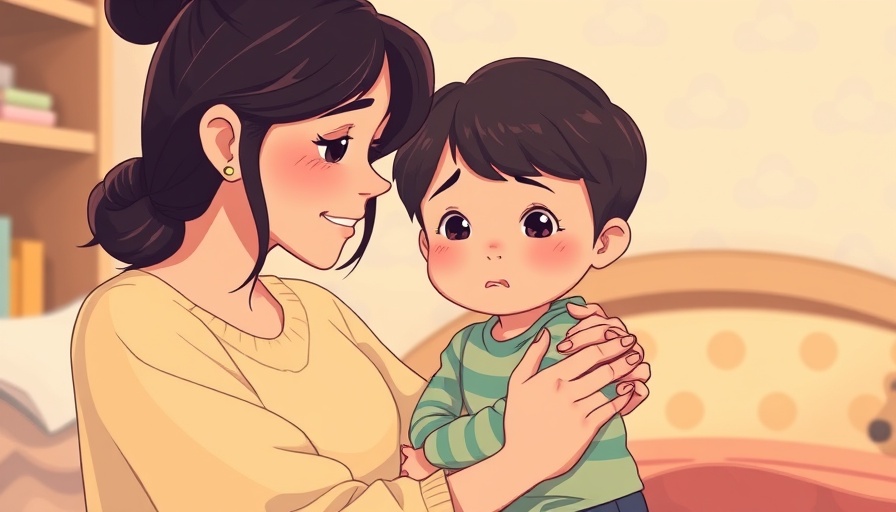
Finding Strength in Vulnerability
When we are faced with injury or unexpected life shifts, there exists a unique opportunity for personal growth. For years, yoga was my refuge—a space where I felt empowered and whole. However, when a shoulder injury stripped me of this sense of strength, I found myself navigating a tumultuous journey of healing that forced me to confront my vulnerabilities.
The Reality of Healing and Acceptance
Initially, I dismissed the pain; I believed that the very practice I cherished would ultimately heal me. But after enduring months of discomfort, I was diagnosed with a shoulder impingement. What came next was a challenging reality: healing isn’t linear, and there are no guarantees. Learning to accept this reality was perhaps my most profound lesson.
The Lessons of Yoga: A Path to Insight
Through my rehabilitation, I embraced the core principles of yoga—Ahimsa (non-harming), Satya (truthfulness), Aparigraha (non-attachment), and Santosha (contentment). Each principle provided a framework not only for my physical practice but also for the emotional work I had to navigate. The most important insight was that healing involves making peace with who we are, even when we feel broken.
Reinventing Yoga: A Softened Approach
As I modified my yoga practice to meet my new limitations, I discovered gentler movements that felt right. The transformation of my practice became a metaphor for life. Instead of pushing through, my body invited me to slow down and to be mindful. I began to see my injury not just as a setback, but as a catalyst for deeper insight into my own personal development.
Joy in the Process: Embracing Change
This journey revealed another essential truth: healing is less about returning to our old selves and more about embracing who we are growing to be. Facing adversity designed a path filled with unique learning opportunities. In acknowledging my frustrations, I also found joy in forging a new identity, one that doesn’t cling to the past but is excited about future possibilities.
Empowerment in Self-Discovery
As we all endure moments of hardship—whether through physical injuries or life changes—it's vital to remember that our healing is our own. It's okay to grieve and feel frustrated. The emotional landscape is crucial to personal development. Consider reflecting on your own experiences. What insights have you gained from hardships? Recognizing that you are empowered to choose how you react transforms the narrative of suffering into one of growth and resilience.
Conclusion: Empower Yourself
If you find yourself navigating a similar journey, remember that each step is a part of discovering your truest self. Approach your healing process with kindness, patience, and openness. Recognize that falling short of expectations doesn’t diminish your value; it magnifies your potential. Healing and self-improvement often walk hand in hand, revealing the path to profound personal growth.
 Add Row
Add Row  Add
Add 




Write A Comment